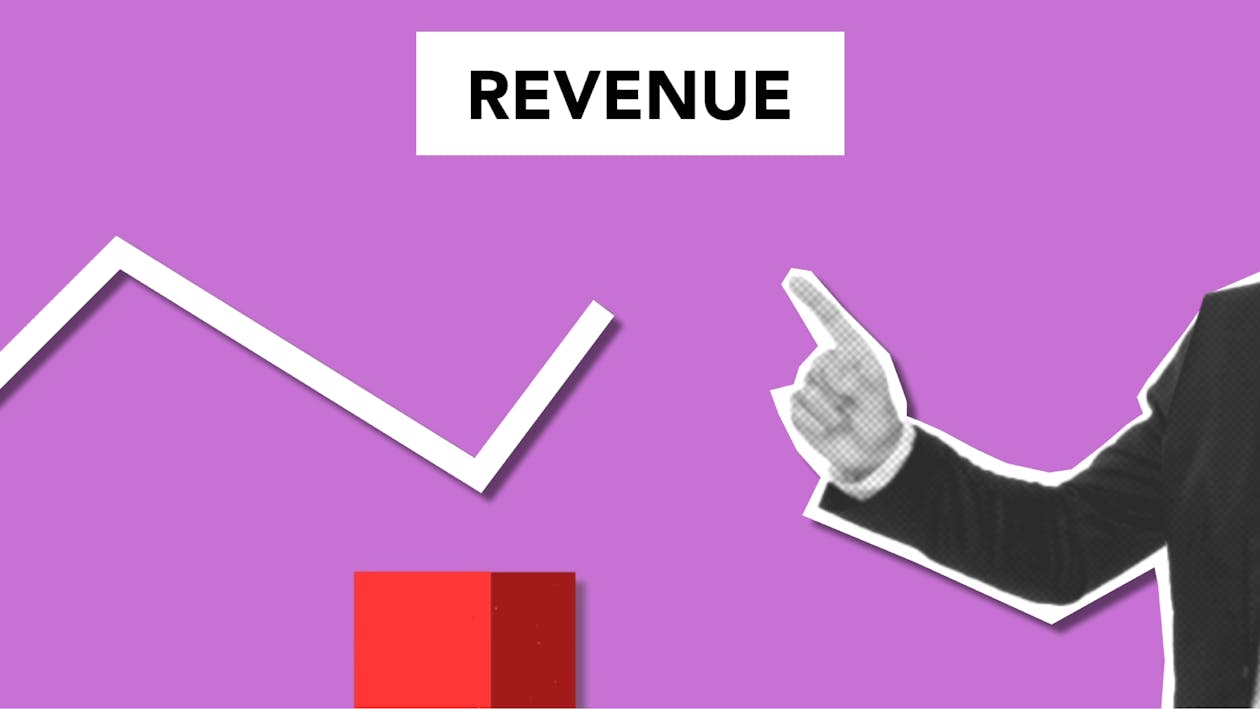
Millennials, the generation born between the early 1980s and the late 1990s, are poised to reshape the organizational landscape like never before. As this generation continues to enter the workforce and become a dominant consumer base, their influence is becoming increasingly evident across various sectors, from corporations and non-profits to government agencies and religious institutions.
While some may view millennials as a disruptive force, others recognize them as the "greatest generation" in organizational history, with the potential to drive unprecedented growth and revenue. However, a startling statistic reveals that only 22 percent of organizations have a strategy to effectively attract, retain, and grow with this generation.
In recognition of this crucial gap, Dr. Kent Wessinger embarked on a five-year mission to understand the intricate relationship between millennials and organizational structures. His research delved deep into the dynamic between millennials and their employers and their roles as clients, members, and consumers across diverse industries.
Millennials: A Threat or Opportunity?
At the heart of Dr. Wessinger's research lies a pivotal question: Are millennials a threat or an opportunity to organizational growth and revenue? This generation, often characterized by their tech-savviness, social consciousness, and desire for work-life balance, has been the subject of much debate and speculation.
On one hand, Dr. Wessinger boldly proclaims that millennials have the potential to be the "greatest generation" in organizational history, a claim that might ruffle some feathers. This assertion extends across various domains, including corporate, non-profit, governmental, and church history.
However, this bold claim is tempered by the reality that only a small fraction of organizations have strategized effectively to harness the potential of millennials. Dr. Wessinger's findings suggest that a mere 22 percent of participants in his research have implemented strategies to attract, retain, and grow with this generation.
Engaging Millennial Employees and Clients
Recognizing millennials' immense potential is the first step; the true challenge lies in effectively engaging this distinct generation as employees and clients. Dr. Wessinger's research delves into the critical requirements for organizations to foster positive and productive relationships with millennials in these two crucial roles.
Engaging millennial employees demands a multifaceted approach that addresses their unique values, aspirations, and expectations. Organizations must cultivate a culture of open communication, transparency, and collaboration to tap into the full potential of their millennial workforce.
Similarly, engaging millennials as clients requires a deep understanding of consumer behavior, preferences, and communication styles. This tech-savvy generation values authenticity, social responsibility, and personalized experiences. Organizations must adapt their marketing strategies, customer service approaches, and product offerings to resonate effectively with millennial clients.
Attracting and Retaining Top Millennial Talent
As the competition for top talent intensifies, organizations must prioritize strategies to attract and retain the best and brightest millennial employees. Dr. Kent Wessinger's research uncovers the key factors that resonate with this generation, enabling organizations to position themselves as desirable employers.
Millennials are driven by values and priorities beyond traditional compensation and benefits packages. They seek meaningful work that aligns with their values, continuous learning and professional development opportunities, and a work culture that promotes work-life balance.
To attract top millennial talent, organizations must communicate their purpose, values, and commitment to social and environmental responsibility. They must also offer flexible work arrangements, comprehensive training and mentorship programs, and a supportive environment that encourages innovation and creativity.
Fortifying Revenue with a Millennial Customer Base
While engaging millennials as employees is crucial, organizations must recognize this generation's immense influence as consumers and clients. Dr. Wessinger's research highlights strategies for fortifying revenue streams by catering to the unique preferences and behaviors of the millennial customer base.
Millennials have disrupted traditional consumer landscapes, demanding transparency, authenticity, and socially responsible practices from the brands they support. Organizations must adapt their marketing and customer engagement strategies to capture and retain this demographic to align with millennial values.
By tailoring their offerings, communication strategies, and overall brand experiences to the needs and preferences of millennials, organizations can cultivate long-lasting relationships with this influential customer base, ensuring sustained revenue growth and market relevance.
Urgent Action Items
While the insights and strategies presented throughout Dr. Wessinger's research offer a comprehensive roadmap for organizations, immediate action is urgently needed to secure growth and fortify revenue streams with millennial employees, clients, and members.
Organizations cannot afford to delay engaging and catering to millennials. The urgency lies in the rapid pace of change and the evolving expectations of this demographic. Immediate steps may include conducting assessments, implementing pilot programs, revamping marketing strategies, and establishing dedicated teams or task forces.
While immediate action is crucial, Dr. Wessinger's research emphasizes the need for a comprehensive and cohesive strategy to effectively secure growth and fortify revenue with millennials. A piecemeal approach or isolated initiatives are unlikely to yield sustainable results.
Millennials are poised to reshape the organizational landscape, presenting both site challenges and unprecedented opportunities. Dr. Wessinger's research offers invaluable insights for those willing to embrace change and adapt to the evolving needs of the millennial workforce and consumer base.
As organizations grapple with the realities of a rapidly changing landscape, the choice becomes clear: either view millennials as a threat or an unparalleled opportunity. Those who recognize their immense potential and strategically align practices, culture, and offerings with millennial preferences will emerge as industry leaders.
The urgency to act is now, as the millennial influence is already in full force. Organizations that fail to adapt to risk obsolescence. By taking immediate action and developing a comprehensive strategy, organizations can secure growth trajectories, fortify revenue streams, and unlock the full potential of this generation poised to redefine organizational history.